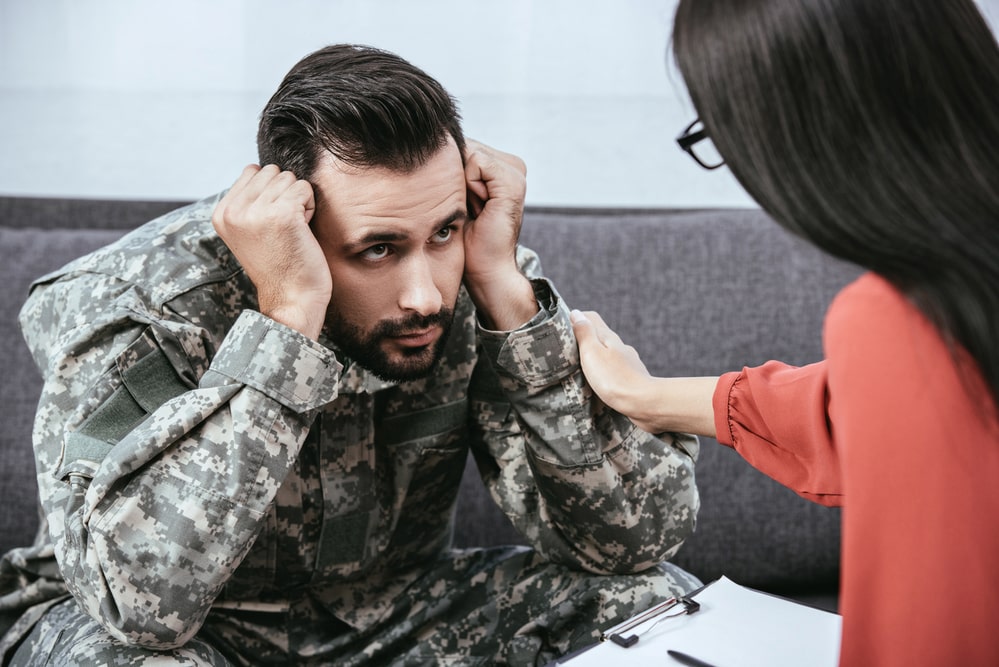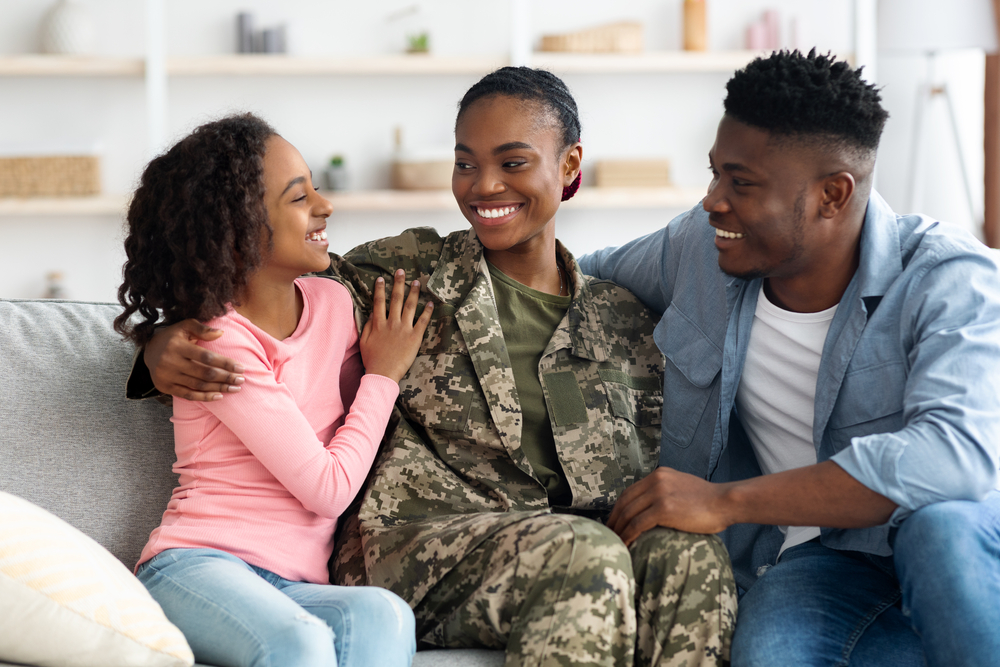This blog aims to raise awareness of the many community support groups, events, and workshops available for trauma survivors and their loved ones.

Some communities host mental health fairs and PTSD awareness events, which local hospitals or national and non-profit organizations organize. Attending these events is a great way to connect with like-minded individuals and share your experiences with trauma and recovery.
To find a PTSD awareness event near you, visit your local Chamber of Commerce Civic Center or use one of the following resources:
Everyone processes trauma differently. Some get better in time, and others need support to get through the experience. Attending a PTSD support group is a way for trauma survivors and their loved ones to receive the assistance and guidance they need to overcome trauma and its effects.
They provide:
According to the National Center for PTSD, joining a support group can help trauma survivors feel better in several ways, including:
To find a PTSD support group near you, visit the following resources:

We offer various support groups for graduates of our inpatient PTSD treatment programs, including monthly sessions for veterans and first responders dealing with substance abuse and co-occurring mental health conditions. They include Help for Our Heroes and the Alumni Support Group.
Veterans and first responders are three times more likely to develop PTSD than the general population due to the traumatic nature of their daily tasks. These tasks include fighting fires, responding to life-changing emergencies, regularly facing life-threatening situations, and engaging in combat.
Help for Our Heroes is a monthly support group hosted by former first responders and veterans who empathize with these brave individuals’ experiences and mental challenges. Within the group, members confide in one another, rebuilding trust and friendship while developing coping skills and strategies to overcome the challenges of PTSD and addiction. Meetings are scheduled for the first Friday of every month as part of an active recovery aftercare plan.
After receiving inpatient treatment for mental health conditions such as PTSD and addiction, clients need to receive aftercare support to help them achieve their treatment goals. PTSD requires ongoing treatment, and peer support is a great way to continue treatment after leaving our facility.
Group members are encouraged to attend in-person meetings or via Zoom every Wednesday night from 7 pm to 8 pm EST. On the last Wednesday of the month, which we call Anniversary Night, members and their families gather to celebrate milestones in recovery. This event aims to motivate clients to continue their journey to recovery and well-being.
Some individuals may be unable to attend in-person events or group meetings because of work or family commitments. However, this should not prevent them from receiving the support they need. To address this, some organizations host webinars to educate the public about PTSD and its treatment options.
The following are PTSD webinars for trauma survivors, family members, and caregivers:

PTSD is an isolated condition that often leaves trauma survivors feeling alone and misunderstood. Those affected may shy away from discussing their feelings or become defensive when discussing the topic. This can leave friends and family members feeling lost about how to offer support.
If you know someone with PTSD, or you think they should be screened for PTSD, you can help them get better by:
Finally, you can help them by encouraging them to seek treatment.
Although the above-listed PTSD resources provide multiple benefits to trauma survivors – PTSD ultimately requires treatment to heal. Individuals struggling to cope with trauma may also develop other conditions, such as depression and substance use disorders, which could worsen PTSD.
If you or someone you know is struggling with an addiction alongside PTSD, Transformation Mending Fences can help. We are fully accredited to treat individuals with addiction, substance use disorder, and co-occurring mental health conditions.
We offer several mental health treatment programs to heal the whole person, mind, body, and spirit. These include inpatient treatment, outpatient support groups, and experiential therapies.
To learn more about how we can help you on your journey to healing, contact us today.